How on Earth can nine billion people live well?

Bottom-Up
Aware of global trends, we work on practical bottom-up projects with communities businesses and the financial sector, exploring & enacting ways to bring about change. We also use this experience to inform and ground our global work in reality, to communicate potential impacts on global trends and we help obtain finance from large to very small scale needs.

Top-Down
With others we assess long term global & regional trends in resource use; in environmental & social impact; and how changes in population, affluence, innovation, business & finance affect those trends. We develop tools to make better assessments. We use the results to create a joint vision. We work from the vision to identify stepped approaches for joined-up policy and action.

Clarity
Through pensions & insurance many people invest in the future, & all of us want to, but working top-down & bottom-up is not enough. We therefore help build & support ‘complex coalitions’ involving communities, businesses, investors & everyone else with an interest, to help deliver change that would make it possible for potentially nine billion people by 2050 to live well.
Features
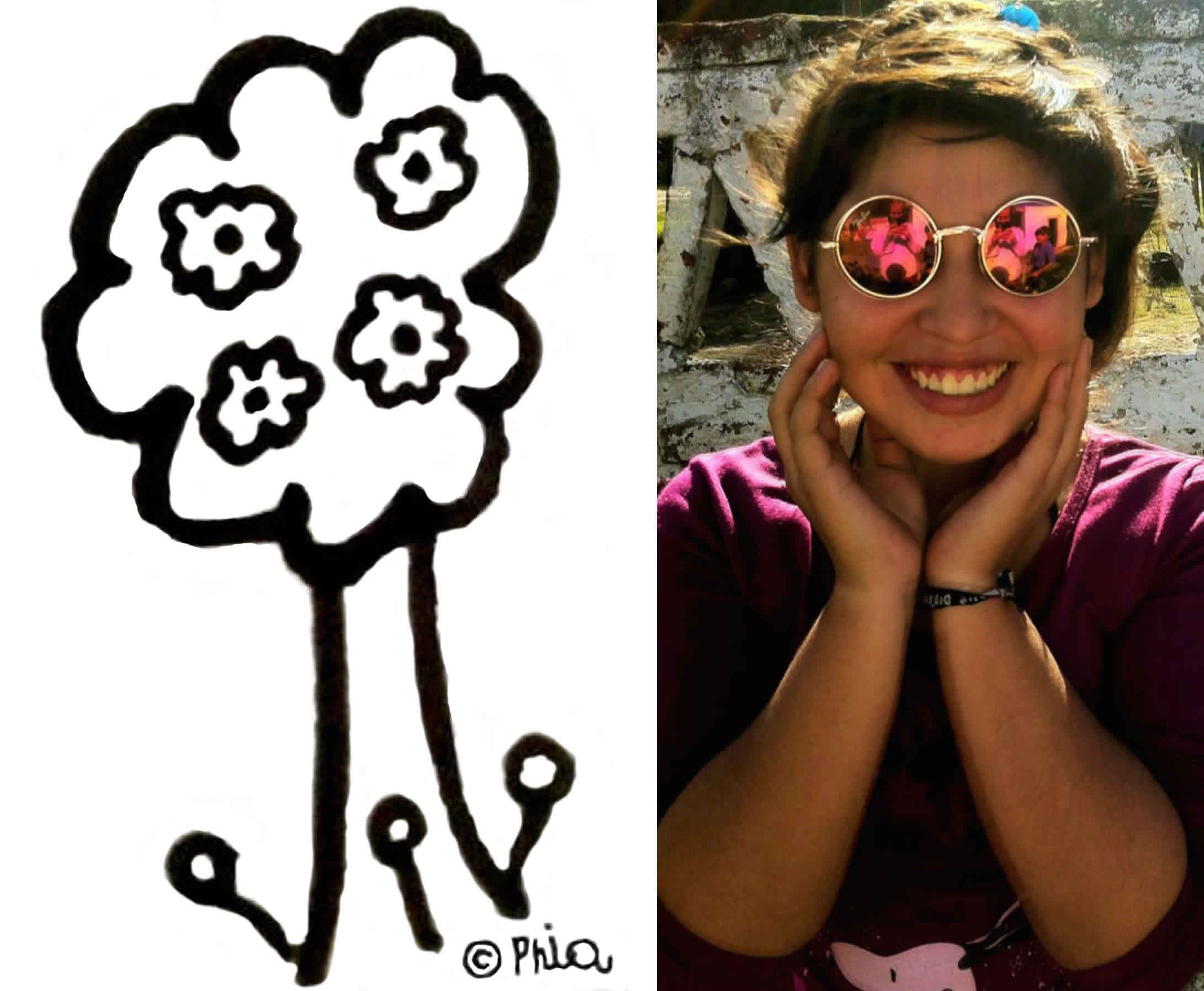
Bottom up: Ellos tendrán futuro – So ‘They Have a Future’
Etf is an example of how a small Buenos Aires city project, supported by a few dedicated families scattered around the world, and founded and overseen by Sarah Jones, can make a difference in the lives of children, parents and guardians. Among other things it provides seasonal and educational events for the kids so that the do not feel left out, explores employment opportunities for the adults, provides a subsidised shop for food and clothes and has a small micro-fund for business start-ups and health, training and recreational support.
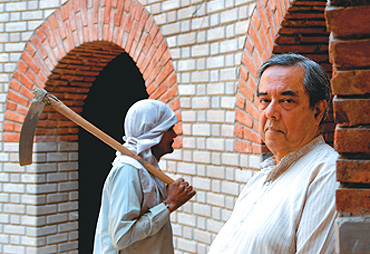
Supporter: Ashok Khosla
Ashok Khosla, of Development Alternatives, India, President of the IUCN from 2008-2012 and founder of the Indian Environment Agency, says “… I was particularly impressed by your strategy of combining bottom-up and top-down action which has a reasonable prospect of ‘correcting trends’ … within a reasonable time-frame…”.
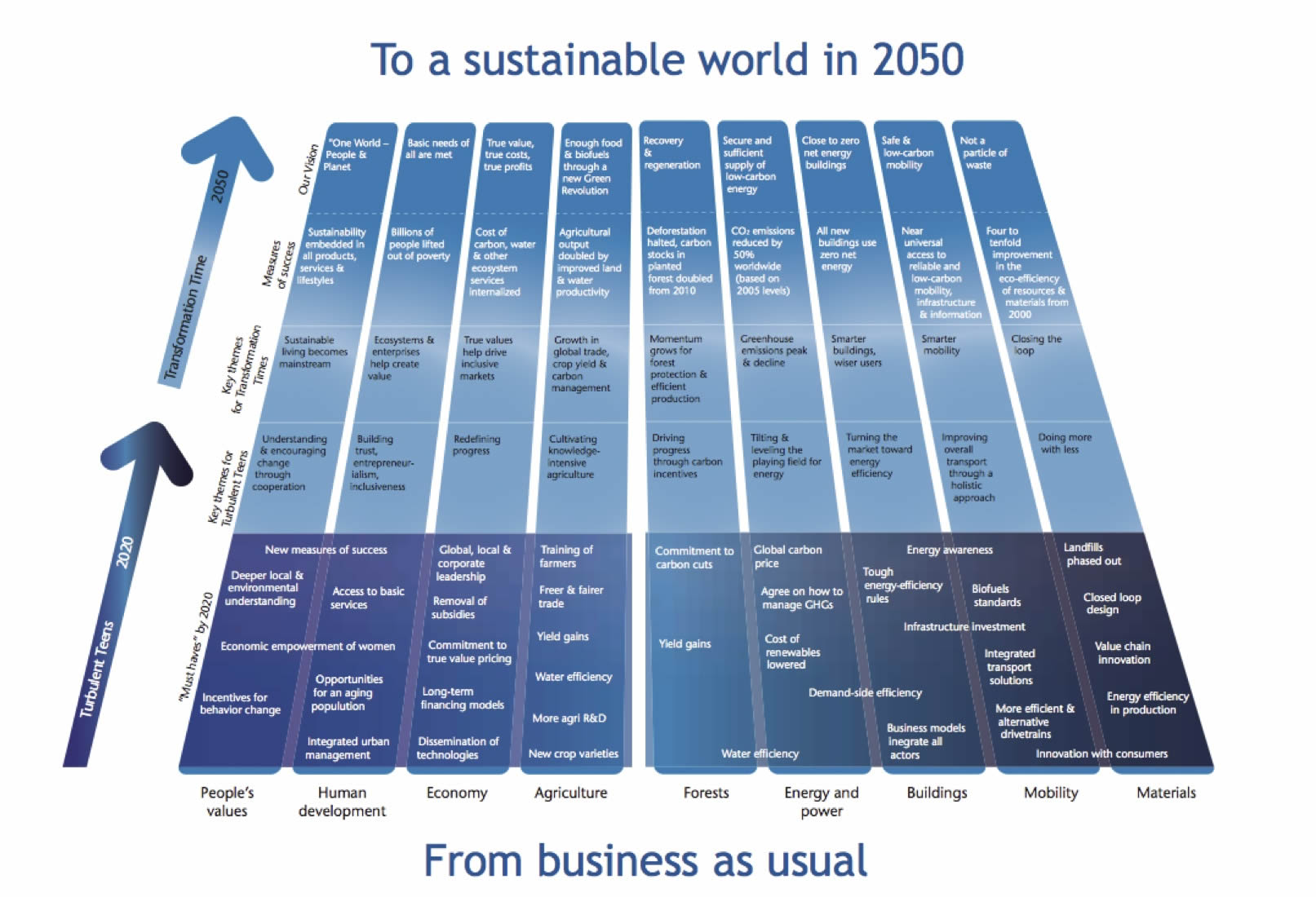
Top Down: Future Business, Long Finance
Modus Vivendi worked with the World Business Council for Sustainable Development and financial group Z/Yen on Future Business Long Finance, for the European Environment Agency. We analysed trends to be corrected towards sustainable ends, and how finance could deliver this. We considered the pros and cons of different business structures for sustainability, and the evidence for return rates on short vs. long term investments. The encouraging lesson, contrary to much current practice, is that long term portfolio investments in intrinsic value has historically deliver better returns to investors than short term speculation.
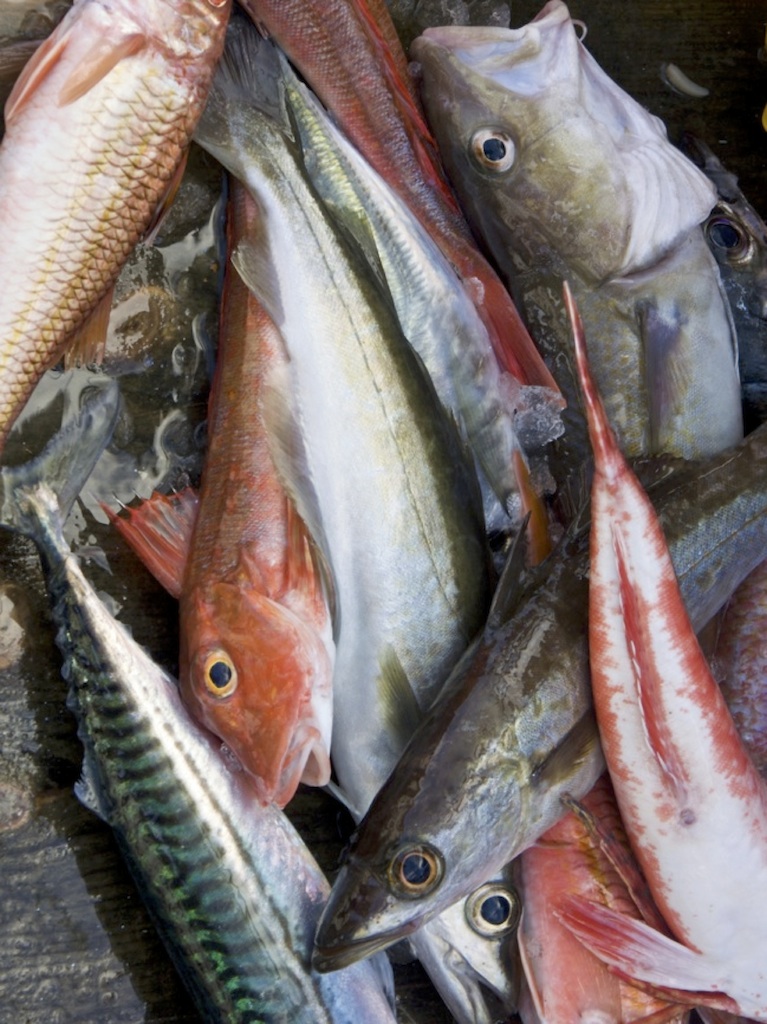
Bottom up: Pisces-RFR
Pisces-RFR, co-founded by restaurateur Caroline Bennett and Modus Vivendi, seeks fishers striving to fish more sustainably, and to the highest food quality, and looks for ways to set up direct trading relationships. The pragmatic five point evaluation methodology, from worst to best practice, for environmental impact, food quality and social effect provides a model for other bottom up approaches.
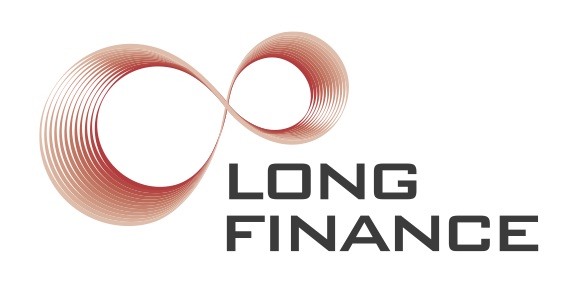
Supporter: Long Finance
Long Finance asks provocative questions like “When would we know our financial system is working” and “What’s the point of pension funds?” Answer: How about “to create the world into which you will actually want to retire”? An important part of Modus Vivendi’s approach is to work with financial initiatives such as Long Finance to bridge the gap between the wants and needs of the world, and how the investment and financial community can help deliver them. Long Finance's recent work on Confidence Accounting (in conjunction with ACCA and CISA), seeks to replace accountancy’s claimed point value accuracy with statistical error ranges and distributions. Alternative assessments of social and environmental factors on current value can create a significant part of this uncertainty.
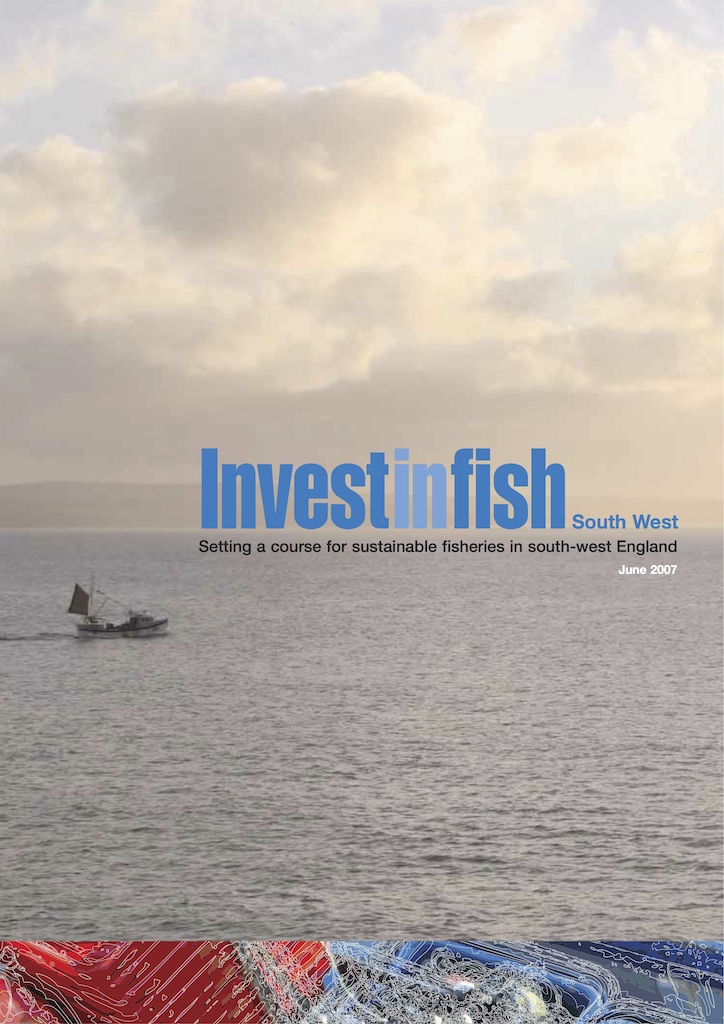
Clarity: Complex Coalition Building
Solving complex problems requires complex coalition building, and the experience to make them work. In Invest in Fish SW Sarah Jones, then at WWF-UK and Modus Vivendi worked together to ultimately help create and support a complex coalition of fishers and other interest groups to find goals all could agree, and then work back to try and establish the steps along the way. Complex coalition building also take time. The report that lead to Invest in Fish, WWF-UK’s Choose or Lose was published in 2000. It took almost 3 years to agree the coalition and gain the £1.5 million funding, and from 2004-2007 for the coalition to commission research, negotiate the implications and draw its conclusions.
Context: Modus Vivendi and the Clarity Coalition
Modus Vivendi is lead by Malcolm MacGarvin and Sarah Jones. They share a belief that while many work on sustainable development, and there is a global commitment for 9 billion people to live well by 2050, action still remains well short of that required. They combine analytical insight, engagement with large to very small scale initiatives in developed, emerging and developing economies alike, and a passion to be involved in practical action to create change.